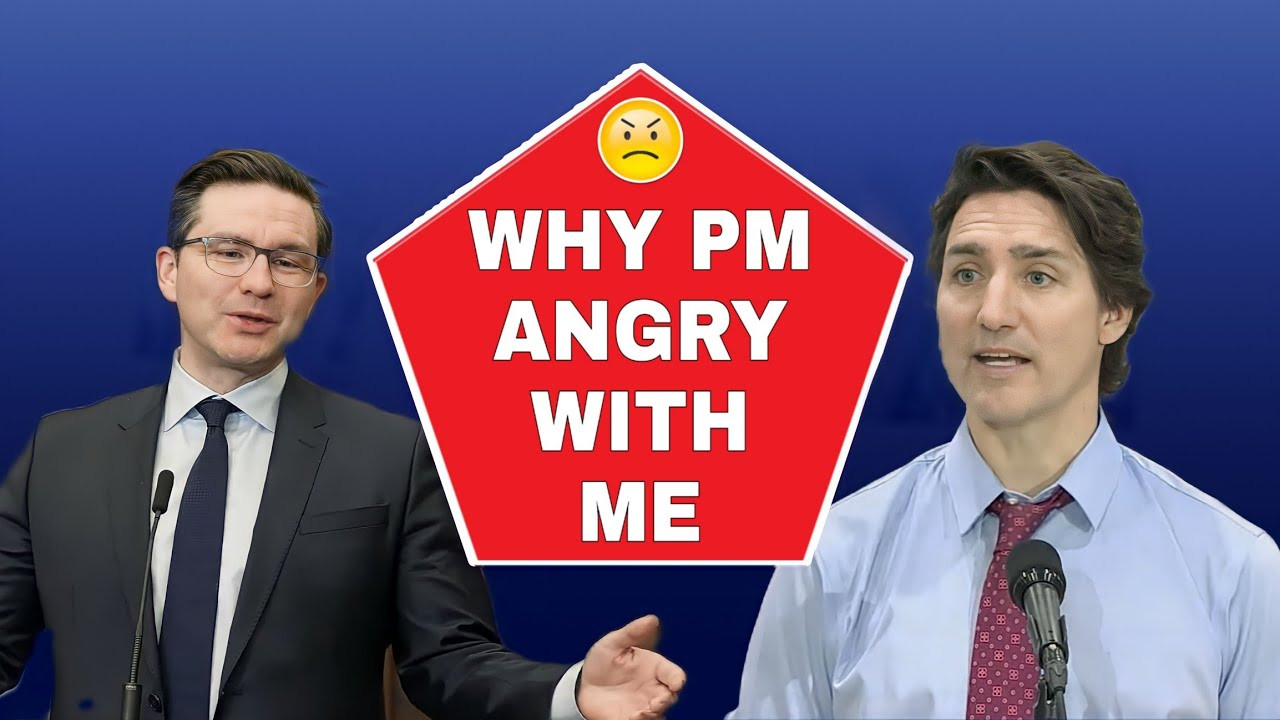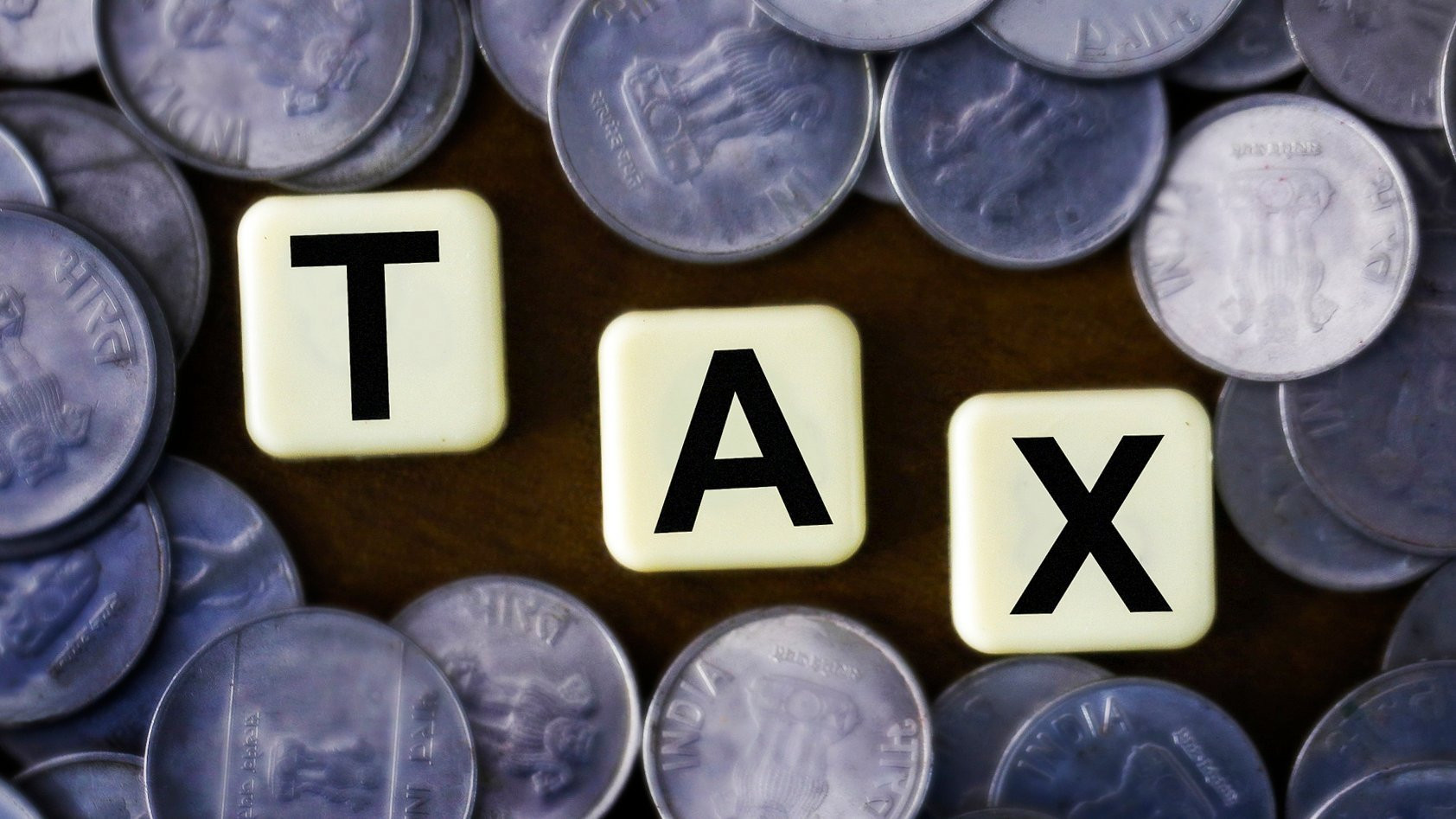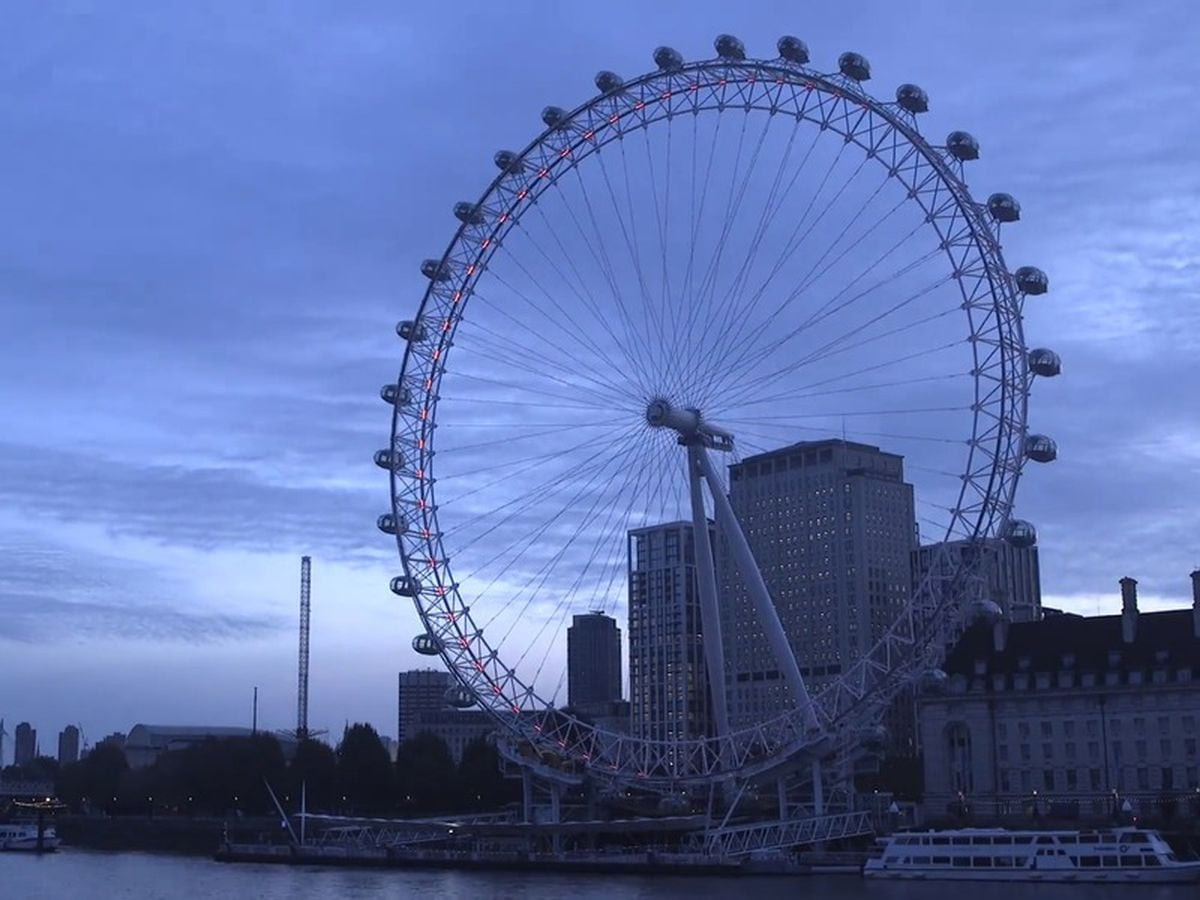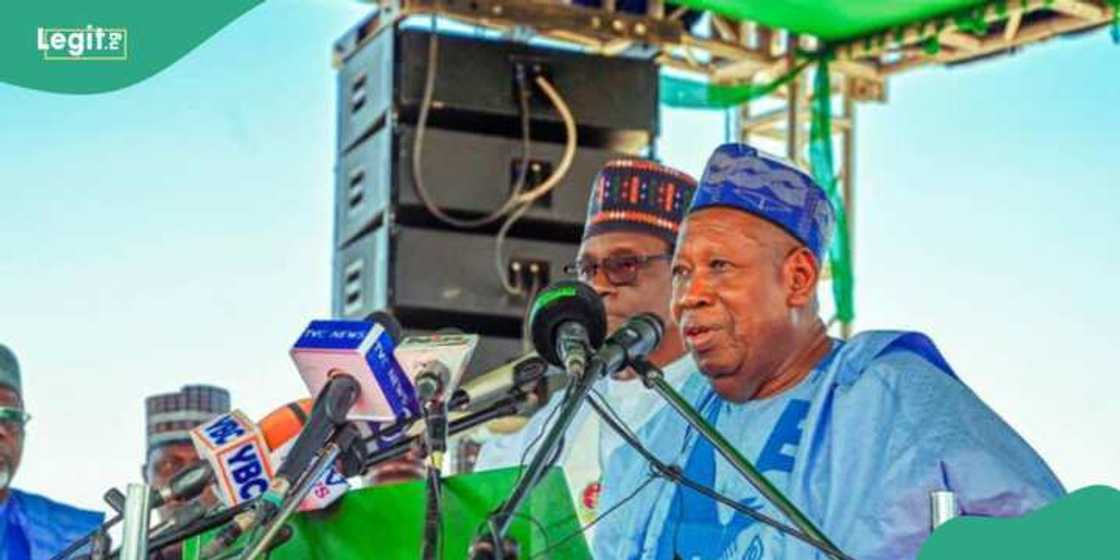Poilievre's 'Canada First' Rally: A Show of Strength and Patriotism
Conservative Party Leader Pierre Poilievre held a massive rally in Ottawa's Rogers Centre, drawing hundreds of supporters eager to hear his message of “Canada First.” The event, held on the 60th anniversary of Canada adopting the iconic red-and-white maple leaf flag, had the palpable atmosphere of a pre-election campaign gathering. Poilievre directly addressed the looming threat of US tariffs and President Donald Trump’s repeated pronouncements about annexing Canada, asserting that Canada's kindness should not be mistaken for weakness.
Confronting Trump's Threats and Unveiling a 'Canada First' Plan
Poilievre's speech centered on a strategy to counter potential US tariffs and safeguard Canada's economic independence. He outlined plans for retaliatory tariffs, emphasizing that 100% of the revenue generated would be returned to Canadian businesses and workers impacted by US trade measures. He made it unequivocally clear that Canada will not be intimidated. "If Canada isn’t your friend, who is?", Poilievre challenged the United States. He stressed that any economic retaliation would weaken both economies, potentially leaving both nations vulnerable to external threats.
Energy Independence and Resource Development
His ambitious 'Canada First' plan includes multiple energy initiatives, such as the development of new Canadian pipelines, liquefied natural gas projects, and mining ventures in partnership with Indigenous communities, all aiming to reduce dependence on the United States. He outlined aggressive timelines for approvals, promising to eliminate bureaucratic delays to speed up development.
Interprovincial Trade and Border Security
Another key component of Poilievre's plan is boosting interprovincial trade, currently significantly lower than Canada's trade with the US. He proposed incentives for provinces to remove their economic barriers, including encouraging the mobility of healthcare professionals across provincial borders. Furthermore, he promised to enhance border security measures to combat drug trafficking and illegal immigration, going so far as to mention the possibility of expulsions in necessary cases. Poilievre did not shy away from discussing the urgent need to address the fentanyl crisis, suggesting life sentences for traffickers of significant quantities of the deadly drug.
Strengthening Defence and National Identity
Poilievre also proposed increasing the number of soldiers and military vessels in the Canadian Arctic, funded by cuts to aid given to dictatorships. His proposals reflect a shift towards self-reliance and national defence. His address also took aim at “wokeness” and cancel culture, arguing for the preservation of Canada’s history and heritage, even mentioning the controversial figure of John A. Macdonald. He pledged to change Canadian passports, citizenship ceremonies, and military songs to better reflect Canadian culture and pride.
The Carney Challenge and a Rising Tide of Patriotism
Poilievre's rally comes at a time when the Conservative Party's lead in national polls has narrowed, partially attributed to the rise of Mark Carney, a potential Liberal Party leader, who promises to replace the carbon tax with a climate plan focused on incentivizing consumers while making large polluters pay their share. This has sparked a renewed focus on the long-held Conservative pledge to abolish the carbon tax. Poilievre has framed this as an even bigger issue now, given Trump's tariff threats. Both Carney and the Liberals have responded, with Carney criticizing Poilievre's message as divisive and outdated. The Liberals have released advertisements comparing Poilievre's rhetoric to that of Donald Trump. This heightened political climate has, surprisingly, sparked a surge in Canadian patriotism, as demonstrated by increased sales of Canadian flags and a call by five former prime ministers urging Canadians to display the flag in a show of unity.
A Nation United?
Poilievre's speech was received enthusiastically by his supporters, many of whom travelled considerable distances to attend. While his “Canada First” message resonates with many, it is also met with skepticism by some. The coming election will ultimately determine whether this fervent display of nationalism will translate into votes and a shift in Canada's political landscape. The rhetoric of unity and national pride, while striking a chord with many, will need to be translated into actionable policies to gain broader support. The event, while intended to invigorate his party's base, presents itself as a watershed moment in the lead up to the next federal election, potentially influencing voter preferences. This rally signifies not only a campaign launch, but a broader societal discussion on Canada's role in the world and its identity in the face of external pressures.

















